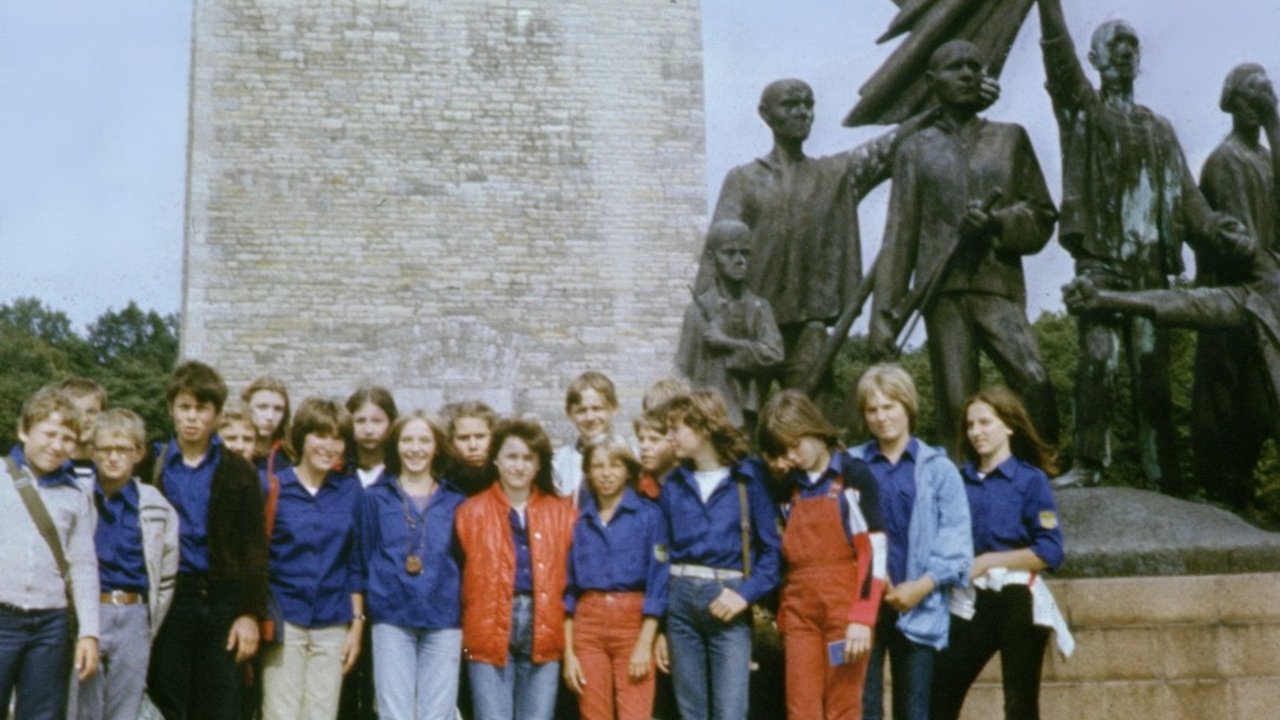

Erfurt - Gesichter eines Bezirkes(1987)
Documentary film about the agricultural and industrial district in Thuringia. The focus is on the district town of Erfurt, with Gotha, Eisenach and Weimar as other towns worthy of mention and steeped in tradition. This documentary, which has the characteristics of a promotional film, still bears witness to the wealth of its owners and the cities, but more than ever to all those who used their skills in the context of monument protection in the GDR to restore these buildings with their Gothic and Renaissance splendor and preserve them for posterity forever.

Movie: Erfurt - Gesichter eines Bezirkes

Erfurt - Gesichter eines Bezirkes
HomePage
Overview
Documentary film about the agricultural and industrial district in Thuringia. The focus is on the district town of Erfurt, with Gotha, Eisenach and Weimar as other towns worthy of mention and steeped in tradition. This documentary, which has the characteristics of a promotional film, still bears witness to the wealth of its owners and the cities, but more than ever to all those who used their skills in the context of monument protection in the GDR to restore these buildings with their Gothic and Renaissance splendor and preserve them for posterity forever.
Release Date
1987-08-04
Average
0
Rating:
0.0 startsTagline
Genres
Languages:
DeutschKeywords
Similar Movies
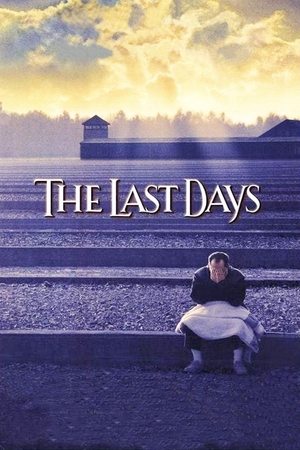 7.6
7.6The Last Days(en)
Five Jewish Hungarians, now US citizens, tell their stories: before March 1944, when Nazis began to exterminate Hungarian Jews, months in concentration camps, and visiting childhood homes more than 50 years later. An historian, a Sonderkommando, a doctor who experimented on Auschwitz prisoners, and US soldiers who were part of the liberation in April 1945.
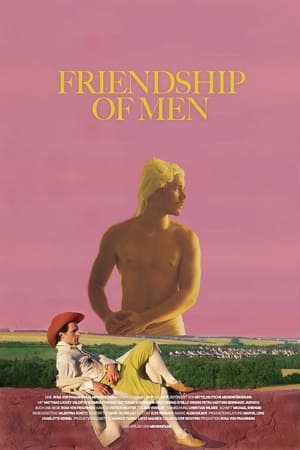 5.5
5.5Friendship of Men(de)
In this docudrama Rosa von Praunheim looks into Johann Wolfgang von Goethe’s sexual orientation, especially into his erotic experiences during his travels in Italy. Contrary to the common belief, von Praunheim argues that Goethe was not a heartbreaker and conqueror after all. It was only in Italy, that he had diverse sexual experiences, not least with men. Von Praunheim bases his assumption on letters written by Goethe to his friend Friedrich Heinrich Jacobi about these sexual encounters. Some of the content of these letters is re-encated in the film. At the same time, historians and linguists analyse and classify the letters into their historical context.
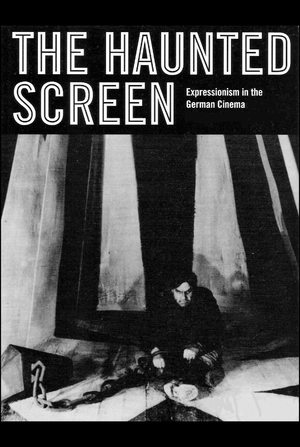 0.0
0.0The Haunted Screen: German Film After World War I(en)
In this film essay, critic Peter Buchka explores the German cinema of the 1920s, ranging from the disquieting images of Fritz Lang's Metropolis to the castrating sexuality of Marlene Dietrich in Die Blaue Engel. The program provides an introduction to Weimar cinema, with Buchka's essay narrated over the images from film clips of 1920s era German films.
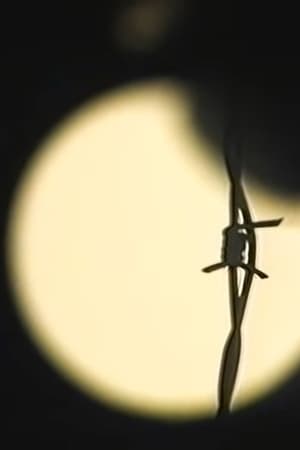 6.0
6.0"KZ Buchenwald. Aushalten. Wir eilen euch zur Hilfe"(de)
Former inmates and American soldiers remember the cruel conditions in Buchenwald concentration camp.
13. Parteitag der Liberal-Demokratischen Partei Deutschlands, Weimar 1982(de)
Report from the party congress of the Liberal Democratic Party of Germany (LDPD) from April 5 to 7, 1982 in Weimar.
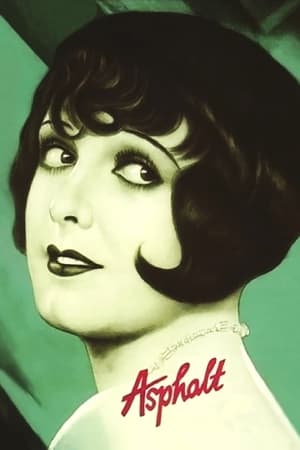 7.2
7.2Asphalt(de)
One of the last great German Expressionist films of the silent era, Joe May’s Asphalt is a love story set in the traffic-strewn Berlin of the late 1920s. Starring the delectable Betty Amann in her most famous leading role, Asphalt is a luxuriously produced UFA classic where tragic liaisons and fatal encounters are shaped alongside the constant roar of traffic.
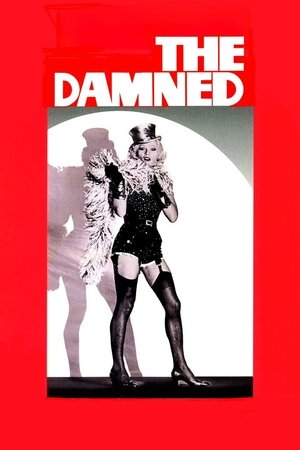 7.3
7.3The Damned(it)
In the early days of Nazi Germany, a powerful noble family must adjust to life under the new dictatorship regime.
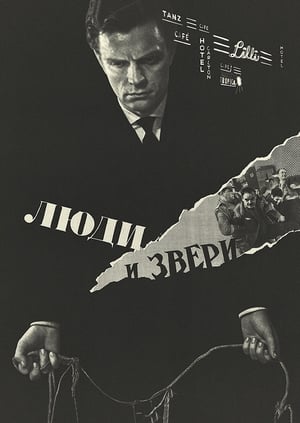 5.6
5.6Men and Beasts(ru)
The plot is based on the dramatic fate of the Red Army commander Aleksei Ivanovich Pavlov. Having been captured in January 1942 and being among the displaced persons, he didn't immediately decide to return to the USSR. Having rolled around the foreign country for 17 years, Aleksei nevertheless returned to his homeland. He goes to his brother in the south of the country to Sevastopol. Aleksei accidentally meets the doctor Anna Andreyevna, who was saved from death in besieged Leningrad. She travels by car from Moscow and also to the south, with her daughter Tanya; she suggests he join them. Aleksei tells about his life on the road.
 10.0
10.0Motherland(en)
A lighthearted psychodrama about mommy issues and Hillary Clinton.
1933: The Fall of Weimar Republic(en)
The Weimar Republic came to bear for many the humiliation of World War I and the blame for all its accompanying hardships. Despite a few years of stability, the Weimar Republic faced issues such as hyperinflation and the Great Depression, which drove many Germans into the arms of radical and extremist political parties. From this political uncertainty rose a demigod, an unexpected leader who promised to revive Germany to the powerful country it once was. Adolf Hitler converted democracy into a dictatorship, causing the fall of the Weimar Republic.
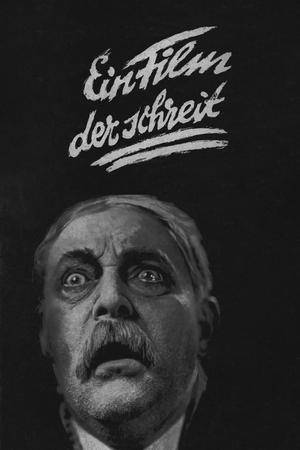 8.0
8.0Bookkeeper Kremke(de)
In this realistic, unsentimental portrait of Germany’s dire economic situation, a middle-aged payroll clerk loses his job due to technological advances and, unable to find another, descends into despair. The film’s director, Marie Harder, was one of only a few women directors of the time and was also the head of the German Social Democratic Film Office. She made only two known films before her accidental death in exile in Mexico in 1936.
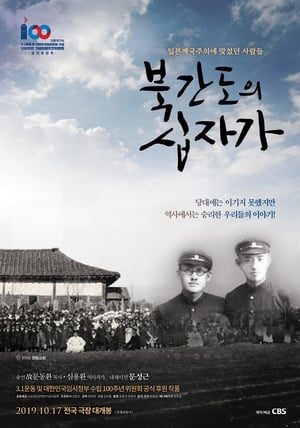 0.0
0.0The Cross of North Gando(ko)
The Christians of North Gando lose their country and leave their hometown, but gain the Gospel. The cross they hold in their hands is the symbol of daring for independence and a royal summon of the generation they have to endure. Historian Sim Yo Han retraces the footsteps of the late Father Moon Dong Hwan and finds meanings of the anti-Japanese independence movement hidden in various parts of North Gando.
 10.0
10.0Lady's Pedigree: The Making of Lady and the Tramp(en)
A documentary on the making of Walt Disney's Lady and the Tramp created for the 2006 Platinum DVD.
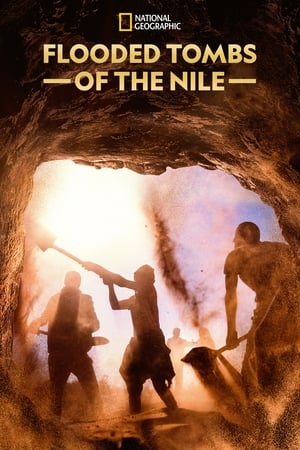 7.2
7.2Flooded Tombs of the Nile(en)
Outside the Sudanese capital Khartoum, the remains of an ancient city stand in the desert. Are you ready to dive beneath the pyramids of Sudan's black pharaohs?
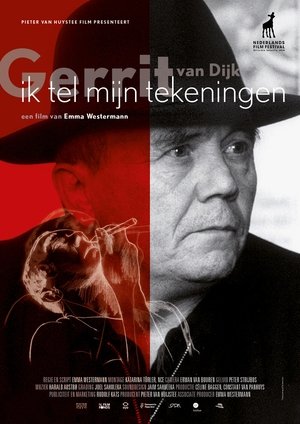 0.0
0.0counting my drawings - Gerrit van Dijk(nl)
Emma Westermann's documentary shows the final six months in the life of Dutch animation grandmaster Gerrit van Dijk. Every night, he makes one drawing for his last animation films. A cinematic testament to one of the most distinguished Dutch film artists of our times.
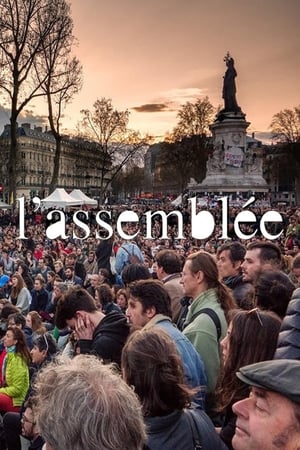 4.5
4.5The Assembly(fr)
Just one year ago, citizens joined together at Place de la République in Paris to demonstrate against labor reforms, the El Khomri law. This rapidly became an opportunity to invent another way of handling politics. It was the beginning of Nuit Debout. The film follows closely this social movement's inner core, a new kind of citizen's and democratic parliament, without representatives or leaders, which attempts to allow everyone the chance to speak. How do we speak in unison without speaking with a single voice?
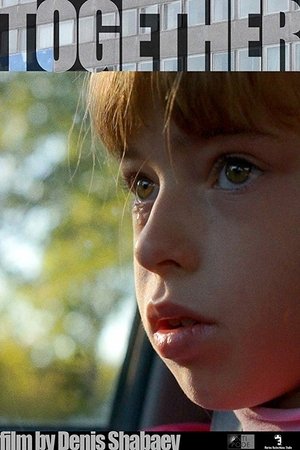 0.0
0.0Together(ru)
Two people are on the road. Everyday life, business calls, games, a curve of the highway, a swing and again business calls... During this year the father and the daughter have not seen much of each other and they have not been alone for a long time. Two cameras are looking face to face; different fears inhabit one and the same space. There is a question: should they come back or should they continue traveling together?
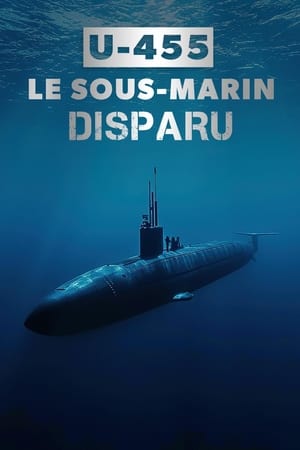 7.8
7.8U-455, le sous-marin disparu(fr)
In 2008, German U- boat U-455 was discovered off the coast of Italy. 400 feet down, the submarine stands almost vertically on the ocean floor. This documentary will reveal its history and the cause of its demise.
 7.0
7.0Eighteam(en)
The resurrection of Zambia's national football team after losing 18 players in a plane crash in Gabon in 1993. A 18-year road of reconstruction until destiny makes its move: in Gabon, Zambia becomes African Champion after a long 18 penalty-shoot-out.
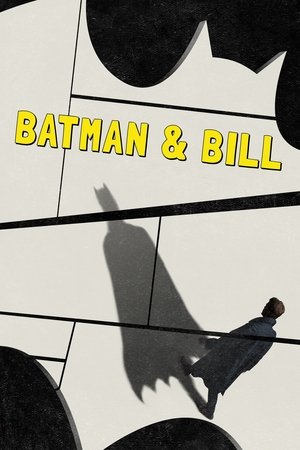 7.1
7.1Batman & Bill(en)
Everyone thinks that Bob Kane created Batman, but that’s not the whole truth. One author makes it his crusade to make it known that Bill Finger, a struggling writer, actually helped invent the iconic superhero, from concept to costume to the very character we all know and love. Bruce Wayne may be Batman’s secret identity, but his creator was always a true mystery.